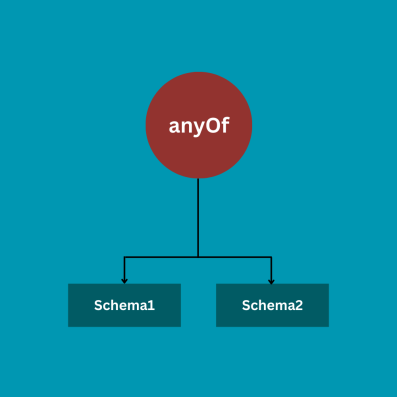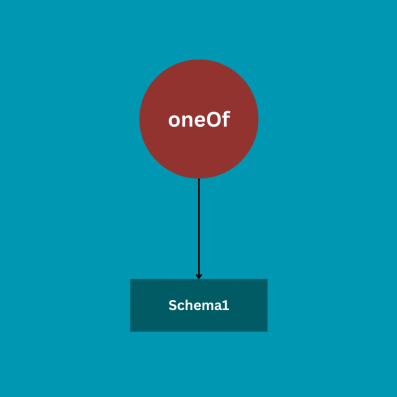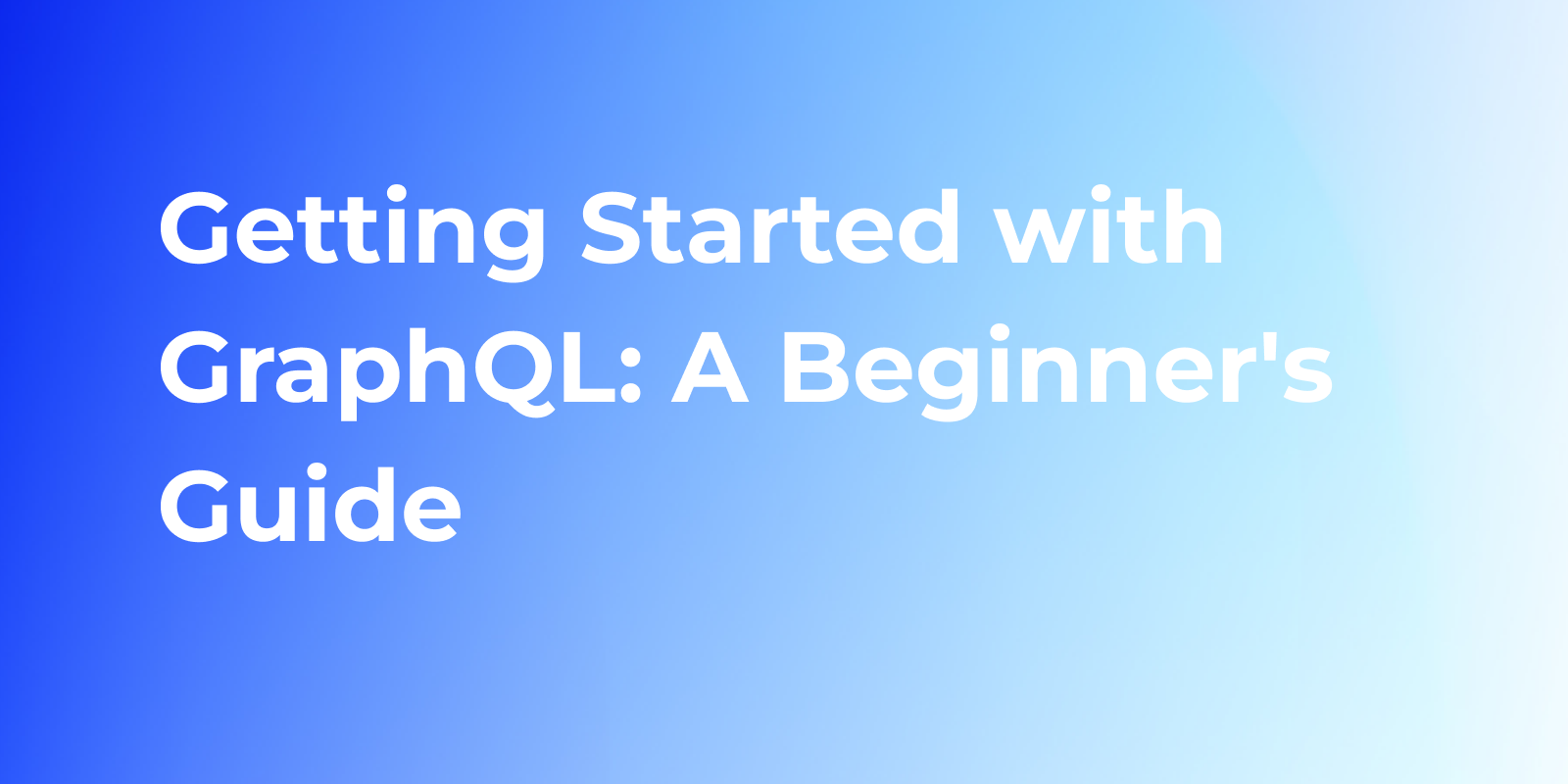What is the Difference between anyof and oneof
In Z Schema, specifically in the context of JSON schema validation, "anyOf" and "oneOf" are keywords used to define conditional validation logic.
In Z Schema, specifically in the context of JSON schema validation, "anyOf" and "oneOf" are keywords used to define conditional validation logic. We will explore the anyof and oneof definition and the difference between them.
What is anyof
The “anyOf" keyword is another construct to define a schema where the validated instance must conform to at least one specified subschema. Unlike "oneOf," which enforces exclusive adherence to one subschema, "anyOf" offers more flexibility by permitting the instance to satisfy the constraints of at least one of the specified subschemas.

Let's consider a practical scenario where "anyOf" might be beneficial. Imagine working with JSON data representing individuals, some adults, and others students. Both adults and students have distinct properties, and you want to create a schema that accommodates both cases.
The "anyOf" keyword enables you to express this flexibility, allowing the JSON document to be valid if it conforms to the schema for adults or students. Here is how this example is represented in a JSON schema.
{
"type": "object",
"anyOf": [
{
"properties": {
"name": { "type": "string" },
"age": { "type": "integer", "minimum": 18 }
},
"required": ["name", "age"]
},
{
"properties": {
"name": { "type": "string" },
"grade": { "type": "string", "enum": ["A", "B", "C"] }
},
"required": ["name", "grade"]
}
]
}
What is oneOf
The term "oneOf” refers to a construct or keyword used in the context of schema definitions like JSON schemas. "oneOf" allows you to specify multiple subschemas, and a valid instance of the schema must adhere to the constraints of exactly one of these subschemas. For example, consider a JSON schema for a person, where a person can be either an adult or a child.

The "oneOf" keyword could specify two subschemas, one for adults and one for children. The document being validated must satisfy the constraints of either the adult or child schema but not both. Here is how it would look in a JSON schema.
{
"type": "object",
"oneOf": [
{
"properties": {
"age": { "type": "integer", "minimum": 18 }
},
"required": ["age"]
},
{
"properties": {
"age": { "type": "integer", "maximum": 17 }
},
"required": ["age"]
}
]
}
OneOf vs anyof
In Z Schema, specifically in the context of JSON schema validation, "anyOf" and "oneOf" are keywords used to define conditional validation logic.
anyOf:
- With "anyOf," at least one of the specified schemas must be valid for the entire document to be considered valid.
- It allows multiple schemas to be defined, and the document is valid if it conforms to at least one of them.
- It's a way of expressing that the data can match any of the provided conditions.
Example:
jsonCopy code{ "anyOf": [ { "type": "string" }, { "type": "number" } ]}
In this example, the document is valid if it is either a string or a number.
oneOf:
- With "oneOf," exactly one of the specified schemas must be valid for the entire document to be considered valid.
- It is more restrictive than "anyOf" as it enforces that the document can match only one of the specified conditions, not multiple.
Example:
jsonCopy code{ "oneOf": [ { "type": "string" }, { "type": "number" } ]}
In this example, the document is valid if it is either a string or a number, but not both.
In summary, "anyOf" allows for multiple valid conditions, while "oneOf" enforces that only one condition must be met for the document to be valid.
What is Apidog
Apidog allows creating JSON schemas with complex logic like oneOf, anyOf, and allOf. OneOf validates if any one of the subschemas matches, anyOf checks if at least one subschema matches, and allOf validates if all subschemas match.
To define these in Apidog:
- Click the Schema button when creating a new API.
- Use the oneOf, anyOf, or allOf field types to create subschemas.
- Add multiple subschemas under the oneOf, anyOf, or allOf field.
- The request body will validate against one, any, or all subschemas based on the field used.
- Save the schema and monitor its functionality when testing API requests.
Here is a detailed guide on how to use anypf and oneof in Apidog:





